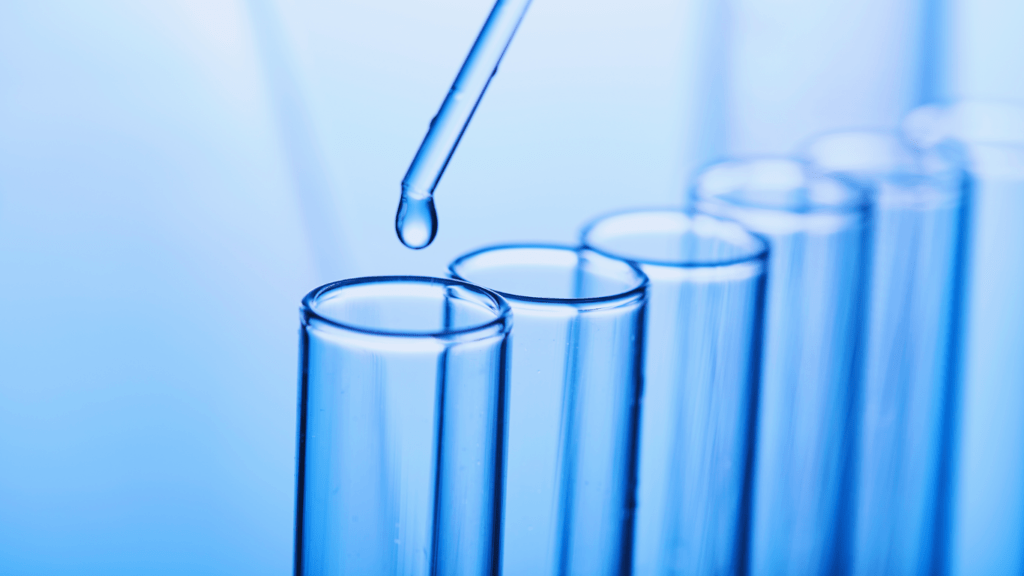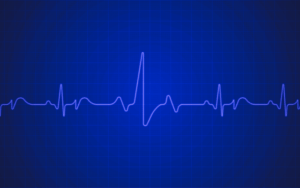New York, NY, July 8, 2021 – GBS (Nasdaq: GBS), a life sciences company developing non-invasive, real-time diagnostic testing for patients and their primary health practitioners at point-of-care, today announced it has been awarded a USD $4.7 million, Australian Federal Government scientific grant to fund the build out of a Biosensor manufacturing facility. This project has been identified as one of six National Manufacturing Priorities identified by the Government under Modern Manufacturing Strategy (MMS).
The Medical Products Priority Grant, from the Australian Federal Government’s Department of Industry, Science, Energy and Resources’ Modern Manufacturing Initiative will support the establishment of an Australian high-tech medical device manufacturing facility to commence scaled production of the Printable Organic Electronic Biosensor technology for the APAC region.
GBS’s flagship product, the Saliva Glucose Biosensor (SGB), is the first innovation to be developed from the Biosensor Platform and is currently being developed as a point-of-care test intended to provide people living with diabetes a non-invasive solution to finger-prick blood glucose testing. This alternative test will offer a pain-free option to current testing methods by using an Organic Thin-Film Transistor (OTFT) that produces glucose measurements in real-time on an app or dedicated device for the more than 460 million people living with diabetes worldwide.
The eRapid technology was developed by a cross-disciplinary team led by Wyss Founding Director Donald Ingber, M.D., Ph.D. and Wyss Senior Staff Scientist Pawan Jolly, Ph.D. as a low-cost, affinity-based electrochemical sensing platform that can simultaneously detect and quantify a broad range of biomarkers, with both high sensitivity and specificity, from a small volume of saliva or blood.
GBS anticipates its manufacturing facility will have capacity to produce an annual supply of 100M biosensor units for roll-out to primary global commercialization sites in the Asia Pacific (APAC) region.

The need to commence scaled production of the SGB and SARS-CoV-2 Antibody Biosensor test follows rigorous testing and research of the technology supported by Harvard University and the Johns Hopkins Environmental Health Microbiology and Immunology Laboratory at the Johns Hopkins Bloomberg School of Public Health as well as the lab’s Salivary Biomarkers and Infectious Diseases Program.
Following the successful commercialization of the SGB, the biosensor technology will be tailored to additional point-of-care applications, including diagnosis/management of cancer, infectious disease, and allergies. In total, there are currently 130 indications under development, all of which seek to enable healthier communities globally.
GBS’s technology is an Australian invention, resulting from 20 years of research and development by Professor Paul Dastoor and his team at the University of Newcastle’s Centre for Organic Electronics. Prof. Dastoor is a global leader in the emerging field of Organic Electronics Sensor Printing, which uses conventional roll-to-roll printing technology to produce low-cost medical diagnostics.
“Our entire business model is all about translation of discovery into a product that fills an unmet medical need, creating a dedicated high tech manufacturing facility to commence production for our Glucose Biosensor will benefit the local society by creating jobs, but most importantly the patients afflicted with diabetes, who have up till now had to finger prick multiple times a day in order to monitor their glucose levels. This grant could not have come at a more appropriate time, as we prepare for clinical testing.”
Group Chief Executive Officer of The iQ Group Global, Dr. George Syrmalis said. GBS Chief Executive Officer Harry Simeonidis added,
“We are pleased with this significant grant as it allows us not only to further advance our technology but also to continue developing future point-of-care diagnostics tests. The new high-tech medical device facility will support local jobs in Australia and allow GBS to manufacture medical diagnostics tests for Australia and Asia.”
About GBS Inc.
GBS Inc. is a life sciences company developing non-invasive, real-time monitoring and diagnostic tests for patients and their primary health practitioners. With the world-first Biosensor Platform, GBS Inc. is developing and launching diagnostic tests urgently needed to help people living with diabetes. For more information, please visit ibs.inc or follow GBS Inc. on Twitter and LinkedIn.
About The iQ Group Global
The iQ Group Global is a bioscience investment consortium that finds, funds and develops bioscience discoveries to create life-changing medical innovations. Visit our website: theiqgroupglobal.com
Media/Investor Contact:
Jeremy Feffer – Managing Director, LifeSci Advisors, LLC
jeremy@lifesciadvisors.com
James Gorman – Communication Manager, The iQ Group Global
james.gorman@theiqgroupglobal.com


